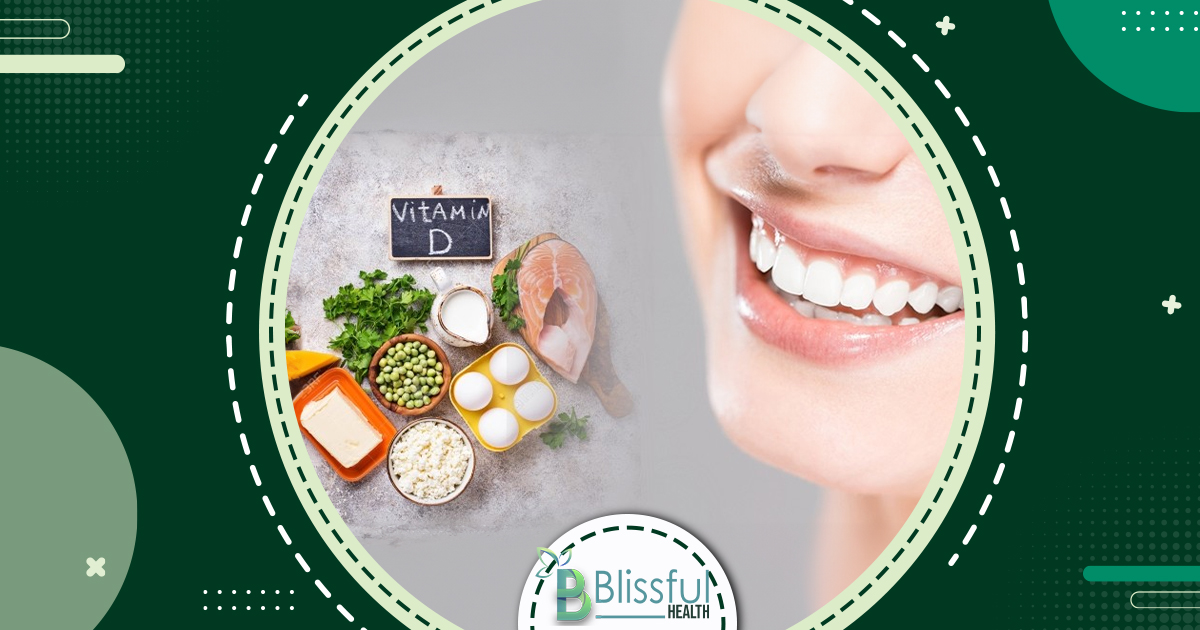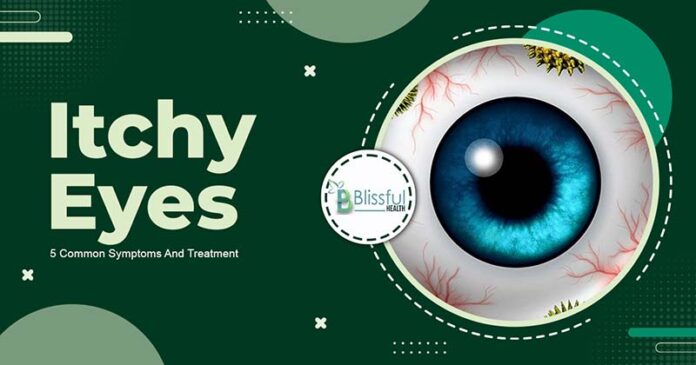Itchy eyes, or ocular pruritus, are more than just a minor annoyance – they can be a persistent distraction from our daily lives. At BlissfulHealth, we understand how frustrating this condition can be, especially when the itch feels unreachable. You certainly shouldn’t scratch your eyeballs, but don’t worry, there are safe and effective ways to soothe that irritating itch.
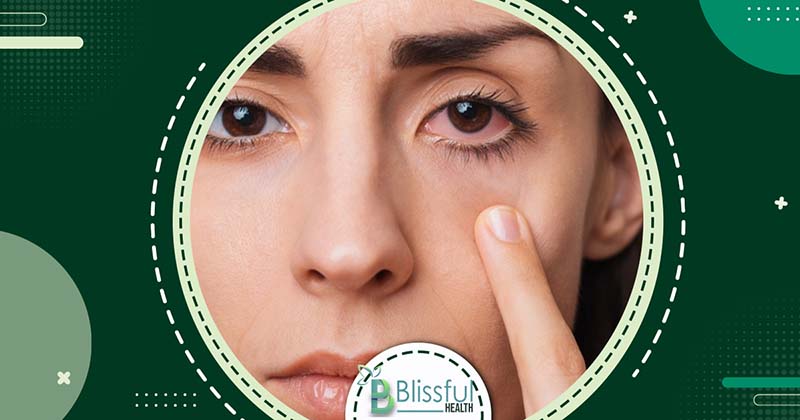
While allergies are a common culprit, they aren’t the only cause of itchy eyes. Keep reading as we explore the various causes, symptoms, and remedies to help you find relief and keep your eyes feeling function at their best.
What are Itchy Eyes?
Itchy eyes, medically known as ocular pruritus, refer to the sensation of discomfort or irritation within the eye region. This sensation often manifests alongside symptoms such as redness, excessive tearing or watery discharge, eyelid swelling, and a sensation of burning or grittiness.
Itchy eyes can result from a variety of factors including allergies, prolonged contact lens usage, exposure to irritants like smoke or chemicals, dry eye syndrome, and ocular infections. Identifying the underlying cause is crucial for effective management and relief of this common ocular condition.
Exploring What Causes Itchy Eyes
Itchy eyes, a common complaint at doctors’ offices, can be attributed to a variety of causes. Whether you’re suffering indoors, outdoors, or from other health conditions, understanding these triggers is essential to finding relief. Here’s a breakdown of the common causes of itchy eyes:
Allergies: The primary cause of itchy eyes is allergic reactions. Allergens can be found everywhere:
Outdoor allergens such as pollen from trees, grasses, and weeds.
Indoor allergens including dust mites, pet dander, and mold.
Irritants like cigarette smoke, perfumes, and chemicals are also common triggers.
Infections: Conjunctivitis, commonly known as pink eye, is an infection that inflames the inner membrane of the eyelid and the outer membrane of the eye, leading to redness, swelling, and sometimes, a mucus-like discharge that can crust over while sleeping. This condition can be caused by bacteria or viruses and is sometimes linked to allergic reactions.
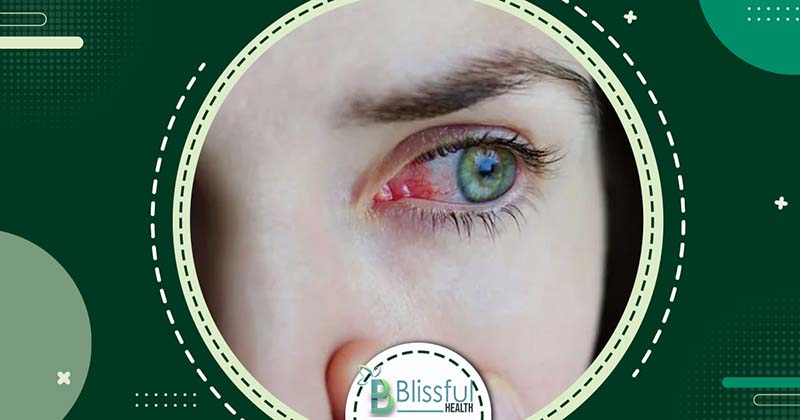
Dry Eye Syndrome: This condition occurs when there’s an imbalance in the composition of your tears – water, oil, mucus, and proteins – which are essential for lubrication. Insufficient tear production or poor tear quality can lead to dry itchy eyes and irritation.
Blepharitis: Inflammation of the eyelids, known as blepharitis, occurs when tiny oil glands near the base of the eyelashes become clogged, leading to irritated and red eyes. While this condition is not contagious and typically does not harm vision, it can be chronic and difficult to treat.
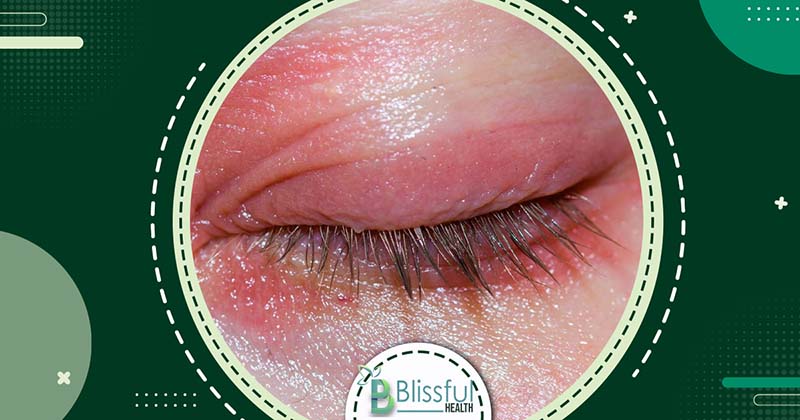
Contact Lens Complications: Sometimes, contact lenses can cause discomfort by being recognized as foreign objects by the eyes. Poorly fitting contacts or lenses that trap dirt and germs can lead to further irritation and even infections.
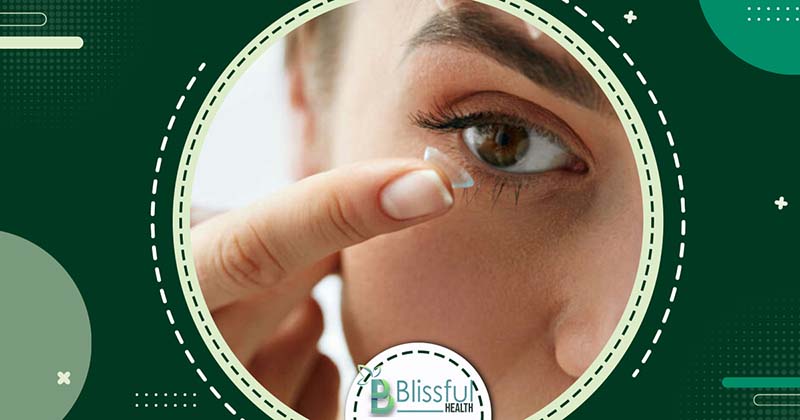
Foreign Substances: Small particles like dust or sand can get trapped under the eyelid, causing significant discomfort. If symptoms persist despite using eye drops, a foreign body might be lodged in the eye.
Corneal Ulcers: Known medically as keratitis, corneal ulcers are sores on the cornea, the clear outer layer of the front of the eye. These ulcers can be caused by infections, severe dry eyes, or trauma to the eye, and are characterized by pain, redness, pus, and sometimes vision issues.
Understanding these various causes is the first step toward treating and managing itchy eyes effectively.
Note: If you frequently have itchy eyes, consider using hypoallergenic products at home, like fragrance-free cleaners and unscented toiletries, to reduce exposure to potential irritants.
Common Symptoms of Itchy Eyes?
When dealing with itchy eyes, a range of symptoms can accompany the itchiness, each pointing to different underlying causes. Here’s a clearer breakdown of these symptoms:
Red, Watery Eyes: Your eyes will appear visibly red, a sign of irritation or inflammation. Along with the redness, you might find that your eyes produce an excess of tears, leading to itchy watery eyes. This is your body’s natural response to irritation or an allergen.
Swollen Eyes and Eyelids: Inflammation can lead to noticeable puffiness around the eyes and eyelids. This swelling can be uncomfortable and is often a reaction to allergens or infections.
Clear, Mucus-like Discharge: You may observe a gooey, mucus-like discharge accumulating in your eyes. This symptom is typical of an allergic reaction or an infection like conjunctivitis.
Burning Sensation: Alongside itchiness, a burning sensation may be present. This can be caused by dry eye syndrome, where the eyes do not produce enough tears or the quality of tears is poor.
Sensation of a Foreign Object: It might feel as though there is something stuck in your eye. This sensation can be very uncomfortable and is a common symptom when small particles like dust or sand get trapped under the eyelid, or in cases of dry eye where tear production is insufficient to keep the eye comfortably lubricated.
Identifying these symptoms accurately can help in determining the cause of itchy eyes and deciding the appropriate treatment or whether to seek professional medical advice.
Note: If nighttime symptoms are particularly bothersome, consider using a humidifier in your bedroom to keep your eyes hydrated and a clean, damp cloth over your eyes to soothe irritation before sleep.
How to Treat Itchy Eyes?
Treating itchy eyes can be simple or require more specific care, depending on the cause. Here are some practical steps:
Cool or Warm Compresses: For immediate relief, a clean, cool washcloth can help soothe itchy eyes. If you have discharge, often called “eye boogers,” use a clean, warm washcloth to gently clean your eyes. Always wash your hands afterwards to prevent spreading an infection.
Basic Care for Mild Itching: Often, mild itchy eyes, including some forms of pinkeye, will improve on their own without needing medication. If allergies are the culprit, try to avoid whatever triggers your symptoms and consider taking allergy medications, such as pills or eye drops for itchy eyes.
Advanced Treatment Options: For more persistent or severe itching, you might need:
Saline Solution: Useful for rinsing out irritants like grit or dirt from your eyes.
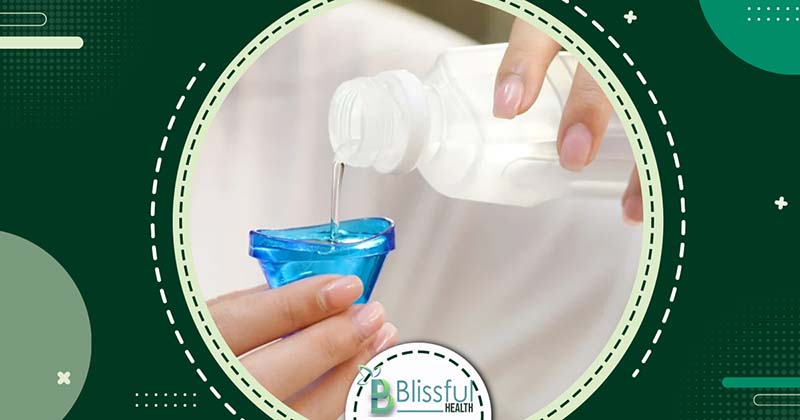
Antibiotic Eye Drops: These are used to treat bacterial infections causing your symptoms.
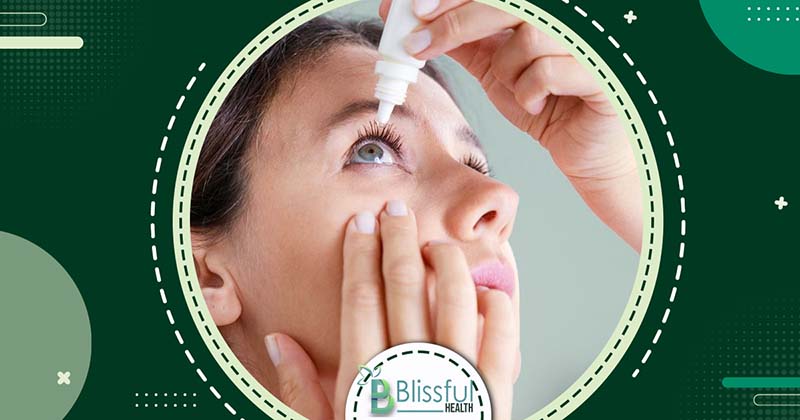
Steroid Eye Drops: These can help reduce inflammation in more severe cases.
Surgery: In rare instances, if there is an injury or a foreign object lodged in the eye, surgical intervention might be necessary.
Note: Always consult with a healthcare provider or an eye specialist before starting any new treatment, especially if your symptoms persist or worsen. They can help determine the best course of action based on the specific cause of your itchy eyes.
How to Prevent Itchy Eyes Safely at Home?
To alleviate itchy eyes at home, avoid common irritants such as dry air, wind, and pollen. Other triggers like cigarette smoke, dust, household cleaners, and strong odors can also worsen eye irritation.
If you frequently use screens, your eyes may become dry and sore. Increasing your blinking rate can help maintain eye moisture and comfort.
Identify and eliminate any allergens causing discomfort. For example, if makeup irritates your eyes, consider stopping its use or switch to products designed for sensitive eyes.
Wear eye protection to shield your eyes from irritants like pollen, sand, and dust.
Incorporating foods rich in vitamin A and omega-3 fatty acids into your diet can also help soothe itchy eyes.
Notes:
Using a humidifier can help add moisture to dry indoor air, especially in places where it’s dry or during the winter.
Keep your contact lenses clean to avoid eye irritation and infections.
Close your windows during times when pollen levels are high to reduce exposure to allergens.
Itching in the Corners of the Eyes
Occasionally, you may experience itchiness in your eyes, particularly in the inner corners near the tear ducts or the outer corners away from them. Generally, the conditions that cause this type of itchiness are mild and unlikely to impact your vision or long-term eye health significantly.
However, certain causes of itchy eyes can be more troublesome. For example, a condition known as blepharitis, which affects the eyelids, can be particularly irritating due to its tendency to cause frequent flare-ups. Blepharitis leads to inflammation of the eyelids, often resulting in redness, swelling, and a gritty sensation in the eyes.
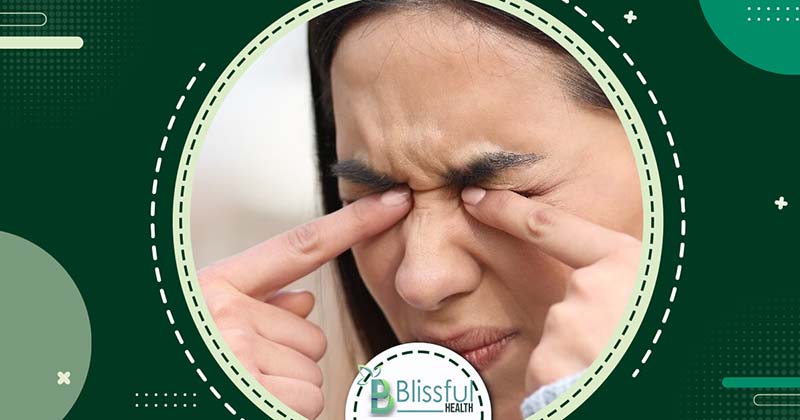
Managing minor eye itchiness at home involves avoiding irritants like dust and pollen and using artificial tears or cool compresses to provide relief. However, if symptoms persist or if you experience severe discomfort, consulting an eye care professional is advisable. They can offer treatments or medications to better manage conditions like blepharitis and prevent further complications.
Note:
- Make sure to clean your glasses regularly to get rid of dust and dirt that might irritate your eyes.
- Add foods like carrots, spinach, salmon, and flaxseeds to your meals to get more vitamin A and omega-3s naturally.
When to Get Advice from Vision Experts
Usually, itchy eyes clear up on their own without lasting too long. However, it’s wise to consult a doctor if:
- You sense something stuck in your eye.
- An eye infection crops up.
- Your vision begins to deteriorate.
- Your itchy eyes escalate into moderate to severe eye pain.
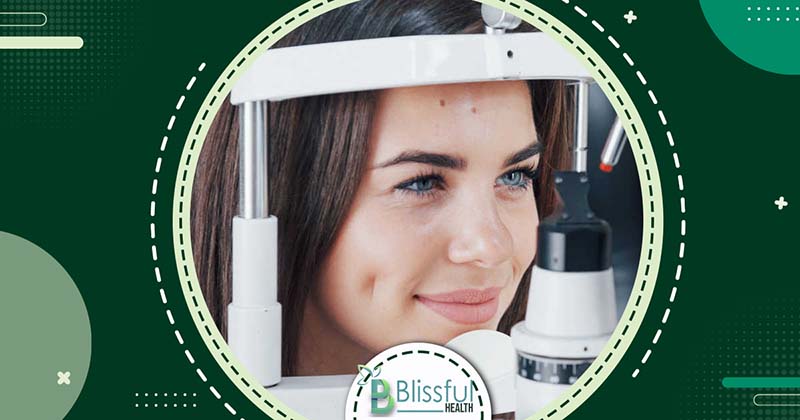
If you encounter any of these situations, stop home remedies and schedule a visit to your doctor promptly.
Frequently Asked Questions?
Why Are My Eyes So Itchy?
Your eyes might be constantly itchy due to eye allergies, whether they occur seasonally or year-round. These allergies can be triggered by various factors such as pollen, pet dander, dust, smoke, or products like lotions, makeup, or contact lens solutions. If you are wondering “why are my eyes itchy,” understanding these triggers can be the first step to relief.
What Is Causing My Eye Allergies?
Eye allergies typically result from exposure to allergens such as dust, pollen, and pet dander. On the other hand, eye infections are caused by bacteria, viruses, parasites, or fungi. Symptoms of an eye infection are usually more severe and may include pain, sensitivity to light, and thick, mucus-like discharge.
Are Itchy Eyes a Sign of Covid-19?
Red, itchy, and watery eyes are uncommon initial symptoms of COVID-19, though they can occasionally appear. As the infection progresses, some individuals may develop viral conjunctivitis, characterized by itching, burning, redness, and watery discharge from the eyes. This can make some wonder about “itchy eyes covid.”
Conclusion
In summary, this guide provides you with the necessary tools and knowledge to address itchy eyes effectively. By identifying triggers and employing appropriate remedies, you can alleviate discomfort and maintain clear vision. If symptoms persist or the cause is unclear, a consultation with an optometrist is advisable to rule out medical conditions such as blepharitis or a stye and to explore optimal treatment solutions. Remember, understanding and addressing the root cause of itchy eyes is key to long-term relief.
